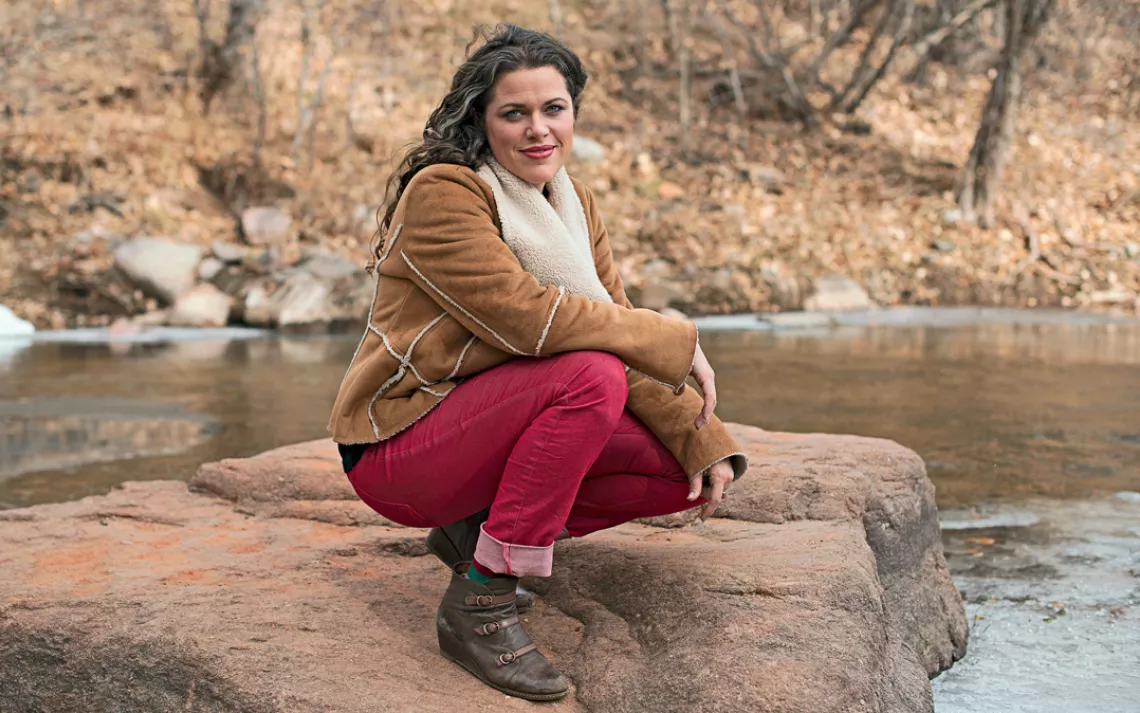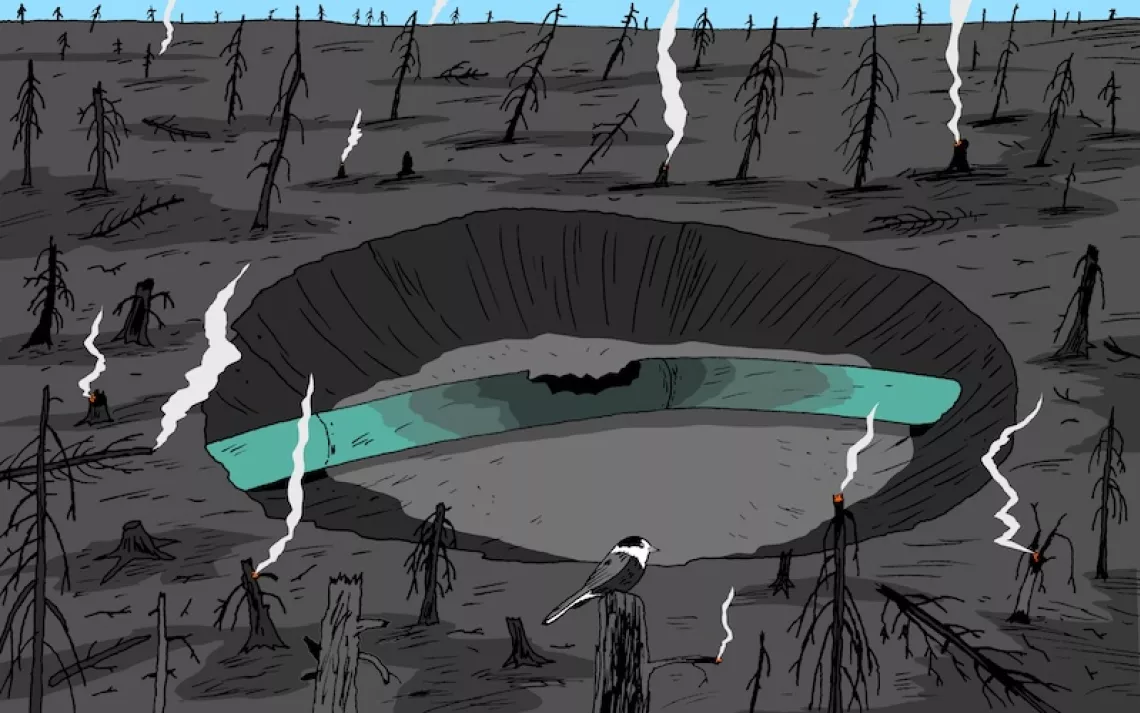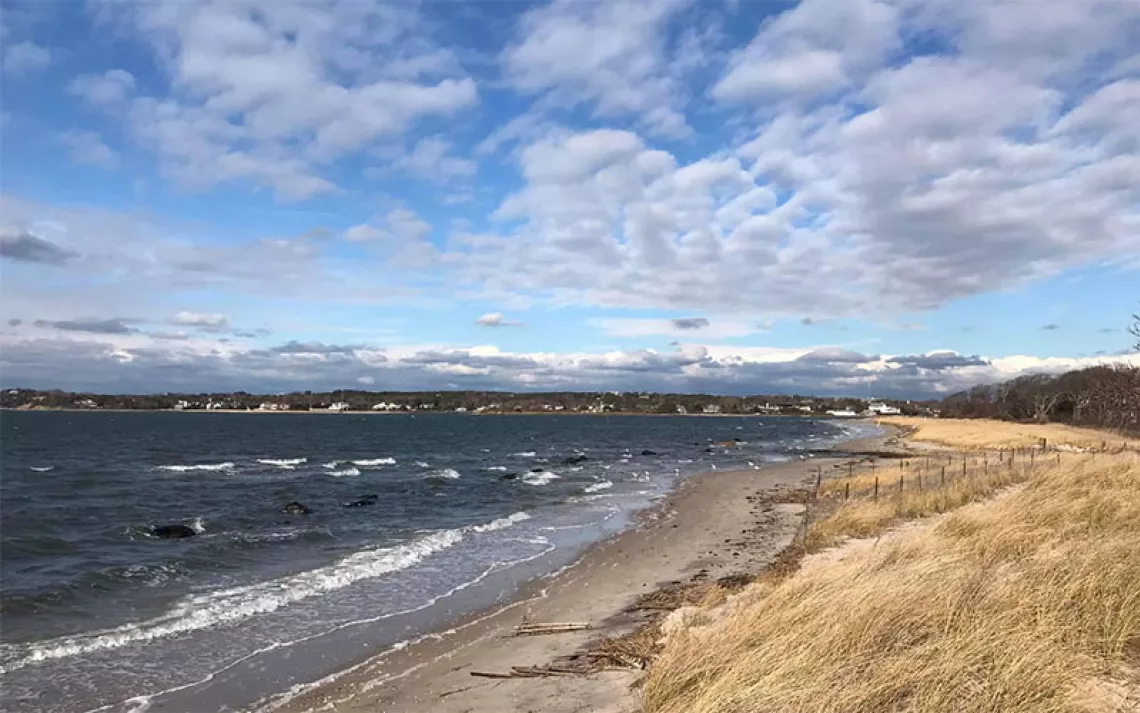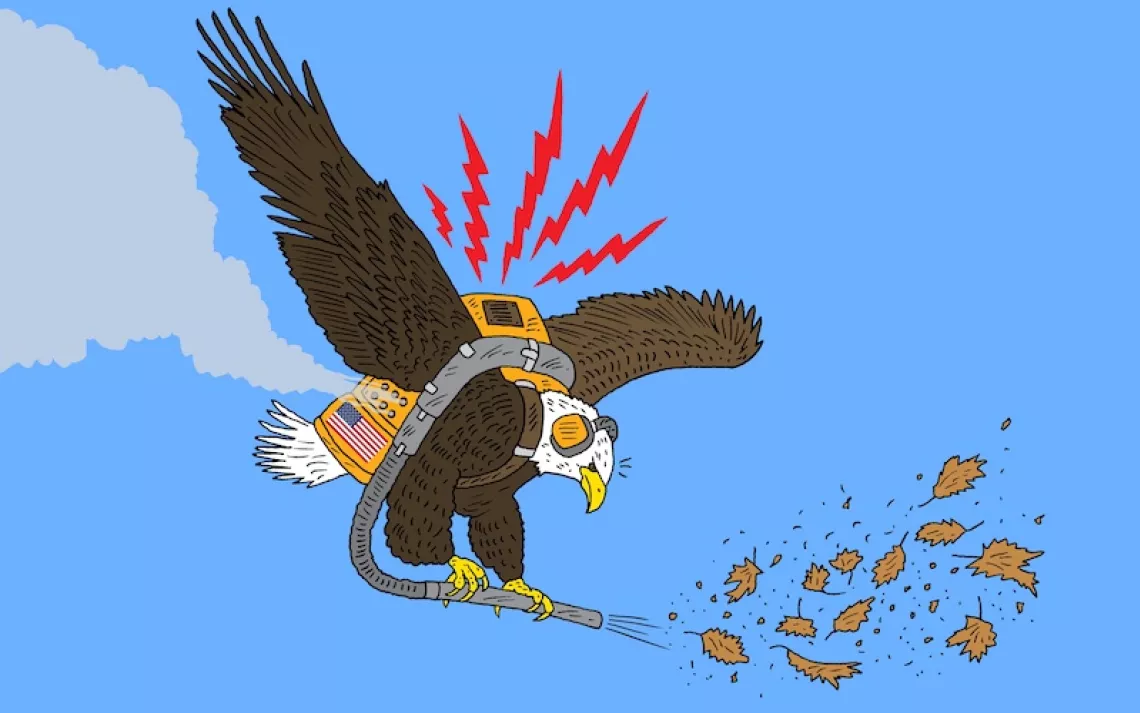Messages to the Future
The Dear Tomorrow Project asks us to tell the kids we love what we are doing about climate change.

Photo by Matt Nager
- Name: Trisha Shrum
- Location: Boulder, Colorado
- Contribution: Cofounded the Dear Tomorrow project
What is the Dear Tomorrow Project? It's a website that invites you to compose a message to the kid, or kids, in your life about climate change—it can be a letter, photo, or video—which we then post online.
How did you get the idea? I study behavioral and environmental economics. I was invited to speak at a conference in Iceland, where Christiana Figueres, who was the head of the UN Climate Change Secretariat, also gave a talk. She spoke about a dream she'd had in which the children of the future asked her, "You knew about climate change. What did you do about it?" On the plane home, I wrote a letter to my 10-month-old daughter. I wanted her to know how I felt about climate change at that moment—how I struggled to continue the day-to-day work but that I was committed to it. Shortly thereafter, I met Jill Kubit, who's also a mother and who felt the power of the idea. We launched the website in December 2015.
Why is this effective? Climate change can make you feel small and powerless, but when you're talking to your child, you realize that you are the most powerful person in the world for her and that it's your job to protect her. Any excuse you have for not getting involved falls flat. We ask each person to share their letter with their own personal network, because that's the way we reach people outside of the environmental movement. Your aunt might not be reading Sierra, but she might be interested in reading a powerful perspective from someone she knows.
Climate change has become highly politicized. Is The Dear Tomorrow Project a way around that? Conservatives who care about the environment have been forced into an unfair identity crisis. It's as if they can't care about the environment and also have conservative political beliefs. One of our goals is to give people a way to say to their friends and family, "I, as a conservative, think that we should be good stewards. This matters." Studies have shown that people don't talk about climate change, even if it's important to them. This is a way to open up a conversation. You don't need to be an expert; you don't need to have a pristine carbon footprint. We just want people to talk about it from a place of love, and talk about the legacy that they want to leave.
This article appeared in the March/April 2017 edition with the headline "Parent Power."
 The Magazine of The Sierra Club
The Magazine of The Sierra Club






